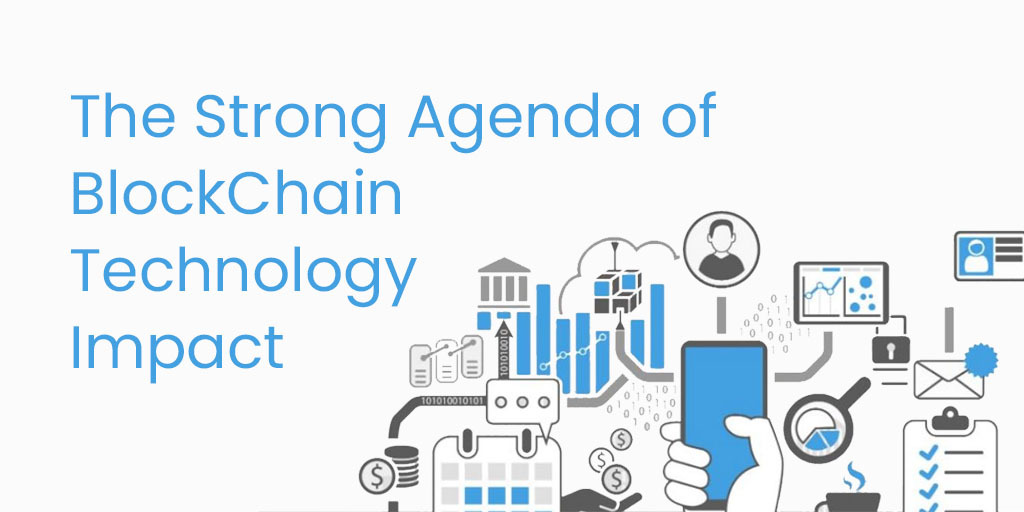Blockchain is a pragmatic technology that adeptly creates a secure, tamper-proof, and easily accessible ledger of internet transactions. Blockchain, like the internet, has no central authority; instead, it is a shared record of transactions distributed across a waste network of users. It is composed of a series of data blocks, each of which stores a set of transactions. The blocks are said to be chained together and secured using advanced cryptography.
Stock Market Settlements Should Be Completed More Quickly
Major stock exchanges are investigating the immense potential of blockchain to enable near-instant stock settlements by reducing transaction time and operational costs. It automates compliance with smart contracts while increasing security and transparency. The NASDAQ uses blockchain technology to issue and share private securities, whereas the London Stock Exchange is investigating blockchain opportunities with cross-industry groups of institutions to change the way securities are traded in Europe. Other major stock exchanges are investigating blockchain’s potential.
Asset Administration
With the increase in global commerce and trade daily, the asset management industry is one of the fastest-growing, with a USD 150 trillion growth forecast by 2025. The asset management and supply chain network of today is largely focused on a centralized digital system that provides real-time visibility of assets within your systems. Existing centralized data management solutions are resulting in the formation of a network of distributed ledger systems. Blockchain technology automates complex and time-consuming processes.
The distributed ledger concept enables cross-border trading and settlements, as well as cost reduction, increased data accuracy, and reduced process delays. It exposes you to errors, fraud, and misinterpretation during the transfer of assets between parties. FundsDLT, a blockchain-powered funds distribution platform, is an excellent example of blockchain technology’s impact on the asset management industry.
Efficient payments
Blockchain technology has the potential to ameliorate payment transparency, efficiency, trust, and security while also lowering costs for financial services firms and users. Payments from one bank to another used to take up to a week; now, thanks to blockchain, they are transferred instantly. Payments are now faster, cheaper, and more convenient thanks to the use of digital currencies and distributed ledger technologies. Central banks have begun testing whether redesigned payments could include distributed ledger technology. Blockchain saves all parties involved a significant amount of time and money.
It has also eliminated the need for middle and back-office staff because payments are settled instantly. There are persistent challenges around settlement finality and operational risk, as identified by the Bank of Canada’s project Jasper. Project UBIN, Singapore’s monetary authority, has identified obstacles as well but hopes to resolve them in the second phase, which is currently underway. A distributed ledger could be the most efficient and cost-effective method of making payments.
Processes for Compliance Improvement
KYC is a critical requirement for financial institutions all over the world because financial institutions are responsible for complying with and reporting on a variety of local regulatory requirements. It can be time-consuming, labour-intensive, and error-prone. KYC-chain and other blockchain services assist financial institutions in streamlining their KYC process. It provides real-time and efficient KYC updates to banks, reducing duplication of workload and increasing trust.
Blockchain technology automates customer identification by creating a digital single source of ID and other information that enables the seamless exchange of documents between banks and other sources. It results in automated account opening, lowers costs, and protects the privacy of data as required by law.
Insurance Claim Management That Is Fair and Free Of Fraud
The insurance industry has been steadily reaping the benefits of blockchain technology. Smart contracts, it is empowering the insurance industry by automating claim sorting and processing. Cross-industry data sharing, easy access to customer history, and centralized customer authentication are all helping to improve and eliminate fraud in the claim settlement process. In manual claim settlement, for example, communication takes place between several parties involved, such as the client, broker, insurer, and bank.
These communications necessitate cross-checking, reconfirmation, and other steps, resulting in time consumption and inefficiency. Blockchain connects these parties via a shared and secure network, allowing them to collaborate in ways that reduce inefficiency and streamline the entire process. Blockchain is a distributed ledger technology that allows everyone in the network, such as a broker, insurer, banker, and client, to see the status and history of transactions. It enables businesses to collaborate more effectively. LenderBot is a blockchain-enabled micro-insurance solution that demonstrates how the insurance industry is reaping the benefits of blockchain technology.
Final Thoughts
Blockchain adoption is gaining traction in the financial services industry; it is an innovation that has revolutionized the global financial system, making it more secure and expedient. Blockchain technology is ameliorating the global financial services industry in a variety of ways. The most significant benefit of blockchain is “cross-border settlements,” which is the concept of creating a global network using blockchain that is both cost-effective and potentially transparent. It is driving down costs while also adding value to service seekers.

